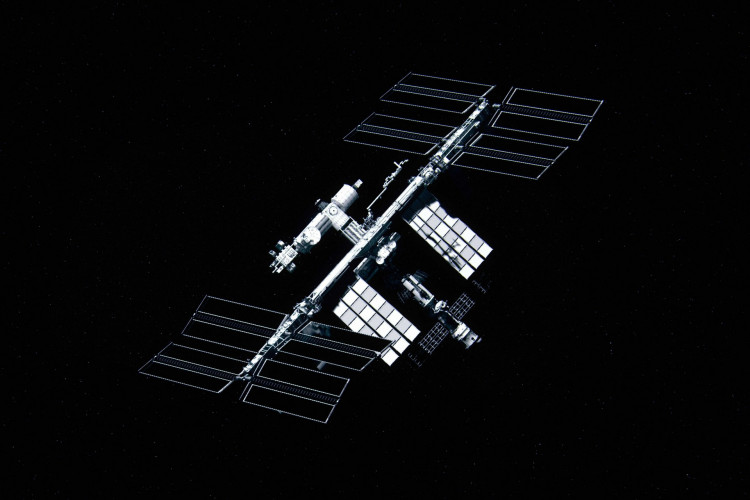Mark Vande Hei of NASA and cosmonauts Pyotr Dubrov and Anton Shkaplerov of Russia have been slated to return to Earth on Mar. 30 aboard a Russian Soyuz spacecraft. Despite the tension that Russia's protracted invasion of Ukraine has imposed on Russia's many space collaborations, this remains the plan.
"I can tell you for sure: Mark is coming home on that Soyuz," Joel Montalbano, the manager of NASA's International Space Station program, said during a news conference today (per Space.com). "We are in communication with our Russian colleagues; there's no fuzz on that."
Montalbano noted that the March 30 event will proceed in the same manner as previous Soyuz returns. Vande Hei, Dubrov, and Shkaplerov will land on the steppes of Kazakhstan. Roughly 20 NASA staffers will be waiting to check Vande Hei's overall fitness - he has been in microgravity for nearly a year, which can be quite harsh on the human body - and bring him back to Houston, where NASA's human spaceflight program is based.
The purpose of today's news presentation was to preview a spacewalk that NASA astronauts Kayla Barron and Raja Chari will conduct outside the orbiting lab tomorrow (Mar. 15). However, Montalbano began the briefing by outlining "world events," specifically the Russian invasion of Ukraine, which began on Feb. 24, and its numerous consequences.
The invasion has prompted the U.S. and other countries to impose new economic sanctions against Russia as a result of the invasion. In response, Russia and its state space agency, Roscosmos, have denounced the penalties and withdrawn from numerous long-standing agreements.
Roscosmos, for example, stated late last month that launches of Russian-built Soyuz rockets from Europe's Spaceport in French Guiana would be suspended. The agency also announced in early March that it would no longer sell Russian rocket engines to American companies.
As a result of these actions, some have speculated that the International Space Station program, of which Russia is a vital founding partner, may also be in jeopardy. Despite the problems on the ground, Montalbano said the orbiting lab is running normally.
He also stated that the invasion has not harmed the morale or professionalism of the station's seven astronauts, who include four Americans, two Russians, and one German.
"They continue to operate, you know, above all this work, and there's really no tensions with the team," Montalbano said. "They've been trained to do a job, and they're up there doing that job."
He also emphasized that because the ISS and its different systems are highly interdependent, it would be difficult to replace the work done by a critical partner if that partner chose to quit.






